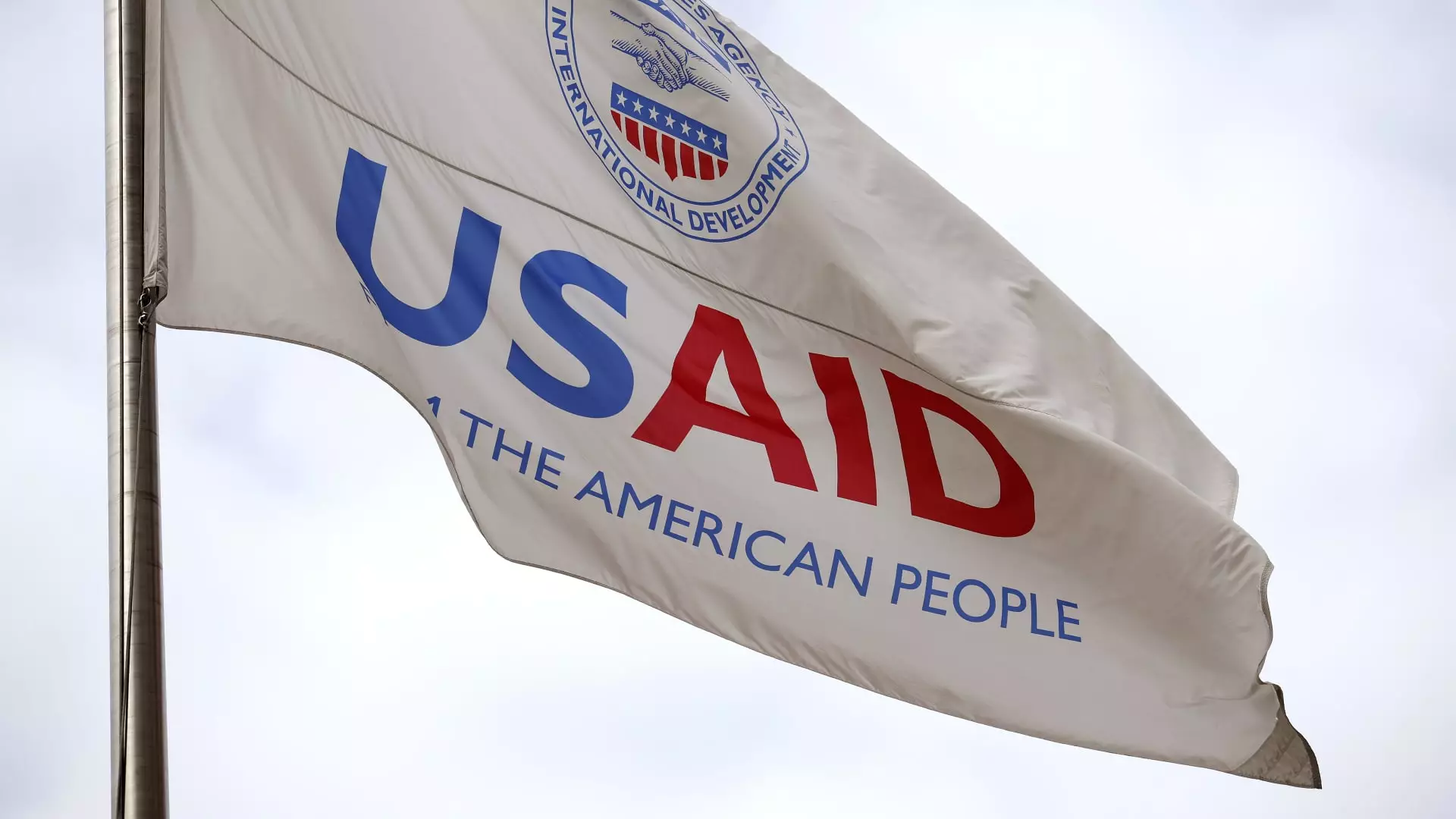In the face of human tragedy, when the earth shakes and lives are upended, the urgency for humanitarian assistance becomes paramount. Yet, in an astonishingly callous move, three U.S. aid workers—on the ground in Myanmar to assist with recovery efforts after a devastating earthquake—were informed of their layoffs. This moral and humanitarian fiasco reflects more than just an unfortunate incident; it is emblematic of a broader pattern of neglect stemming from the current U.S. administration’s relentless cuts to foreign aid programs, particularly within the U.S. Agency for International Development (USAID).
Marcia Wong, a former senior USAID official, aptly voiced the demoralizing consequences of such abrupt terminations. It is difficult to grasp how anyone committed to serving those in dire need can remain unaffected by the news that their own government is not only reducing support but actively dismantling the very structures built to provide that support. The implied message reverberates through the more extensive network of humanitarian efforts: In these critical moments, the struggle is not merely against nature’s wrath, but against bureaucratic indifference.
A Humanitarian Crisis Compounded by Political Apathy
The stark reality is further compounded by the U.S. government’s promises of aid, such as the $9 million pledged following the massive earthquake that has claimed over 3,300 lives. However, such financial commitments ring hollow against a backdrop of slashed funding and the purging of key personnel. The result is a crippled response capability that leaves both aid workers and affected communities stranded. In contrast, nations that have historically been deemed rivals to U.S. values—like China and Russia—have stepped in to provide the much-needed assistance. The optics of an American retreat from goodwill leave an unsettling impression, and it raises the troubling question: are we becoming a nation that turns its back on those who need us most?
Indeed, the recent layoffs of USAID staff coincide with a broader ideological campaign, led by figures like billionaire Elon Musk, who argue fervently that eliminating “wasteful” spending in government is paramount. Yet, this rhetoric conveniently glosses over the moral implications and disastrous ramifications of such decisions. Suffering populations are left vulnerable, while aid workers find themselves homeless in the very areas they sought to help.
A Strained Relationship and Misinformed Justifications
The narrative put forth by Secretary of State Marco Rubio, that Myanmar presents complex challenges for aid workers, only serves to deflect from an undeniable truth: without adequate personnel and support, these bureaucratic challenges become insurmountable. Labeling Myanmar as “not the easiest place to work” while cutting aid is akin to a ship’s captain abandoning their crew while in stormy seas. This scenario only deepens the tragedy and poses an ethical quandary for all who profess to care about humanitarianism.
The international community, particularly wealthier nations, must step up to fill the gap left by a retreating America. It’s a critical juncture not just for Myanmar, but for the reputation and ethics of U.S. foreign policy, which at its best, should embody compassion and a commitment to global welfare. As solidarity wanes among nations, can we afford to let the principles of humanity drown beneath our political divisions and funding debates?


Leave a Reply